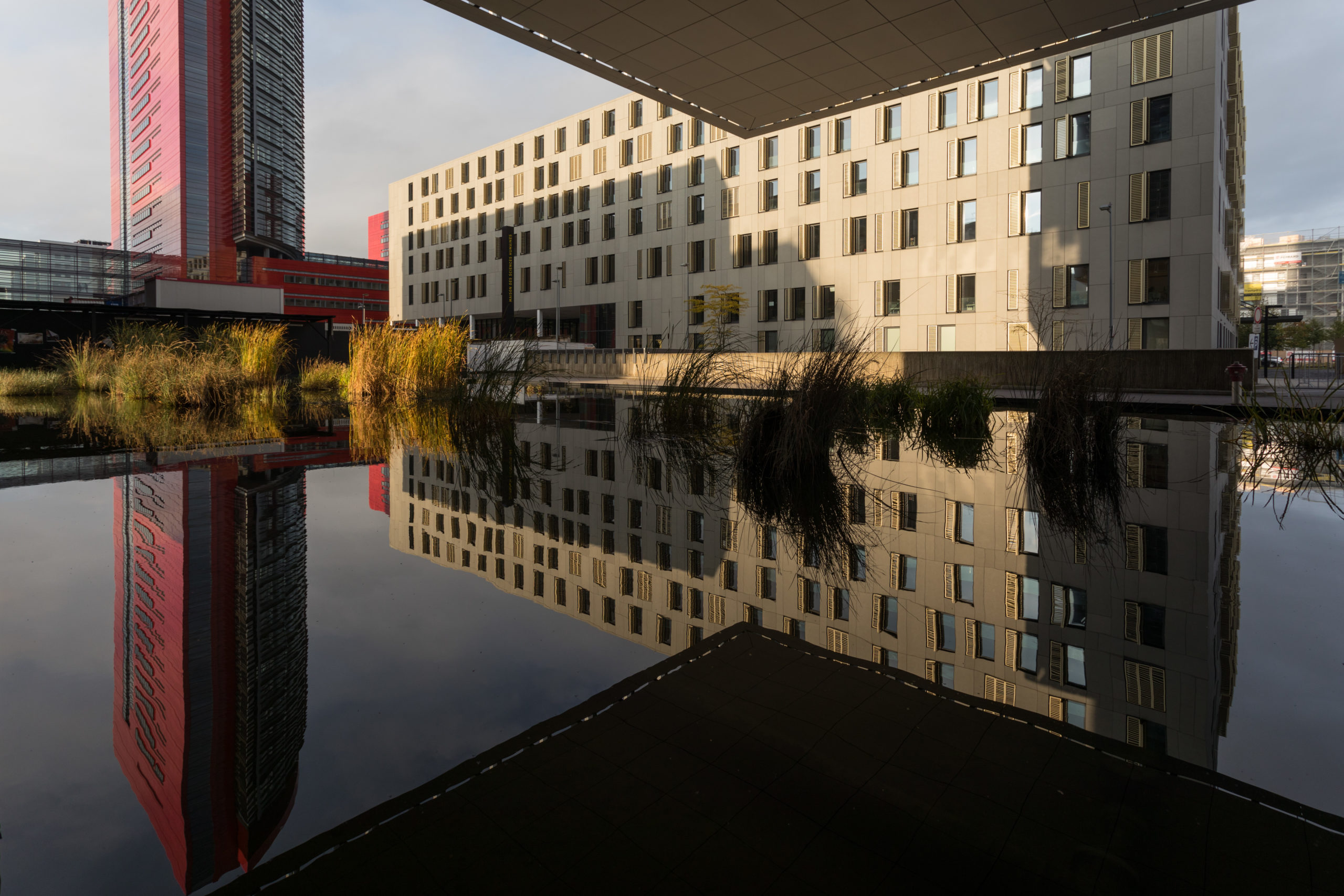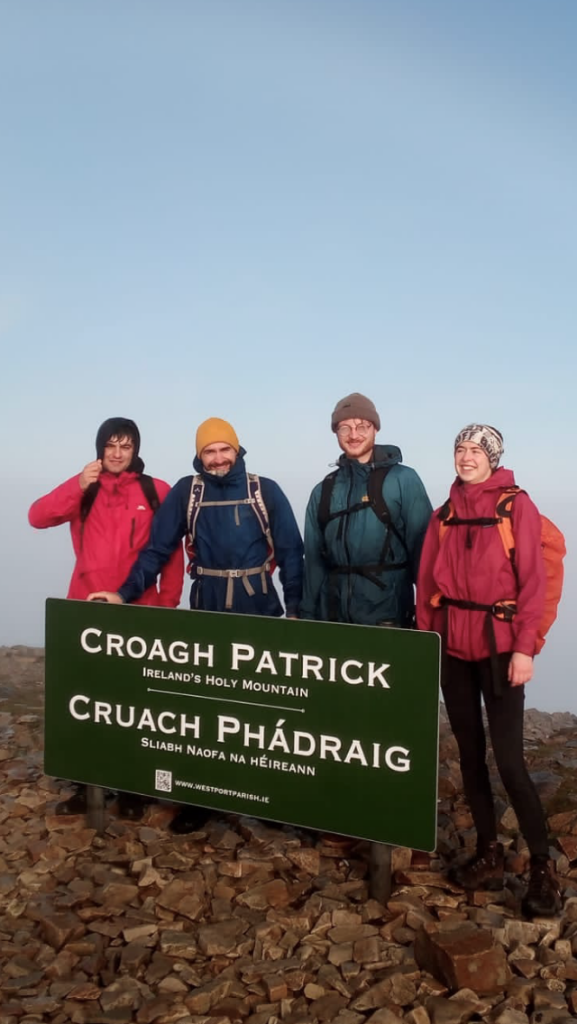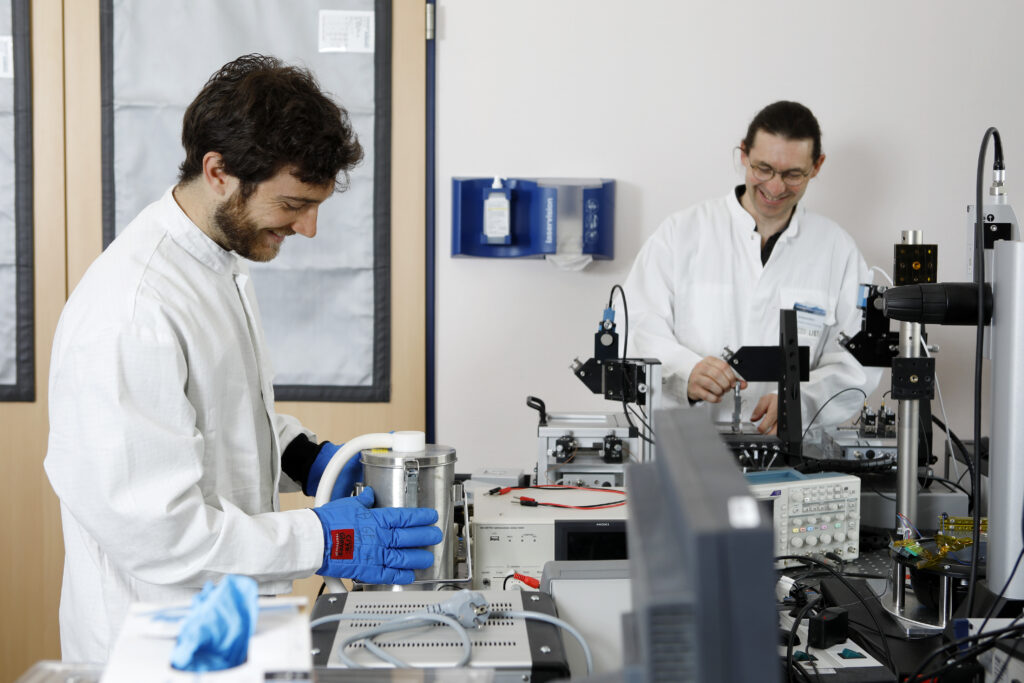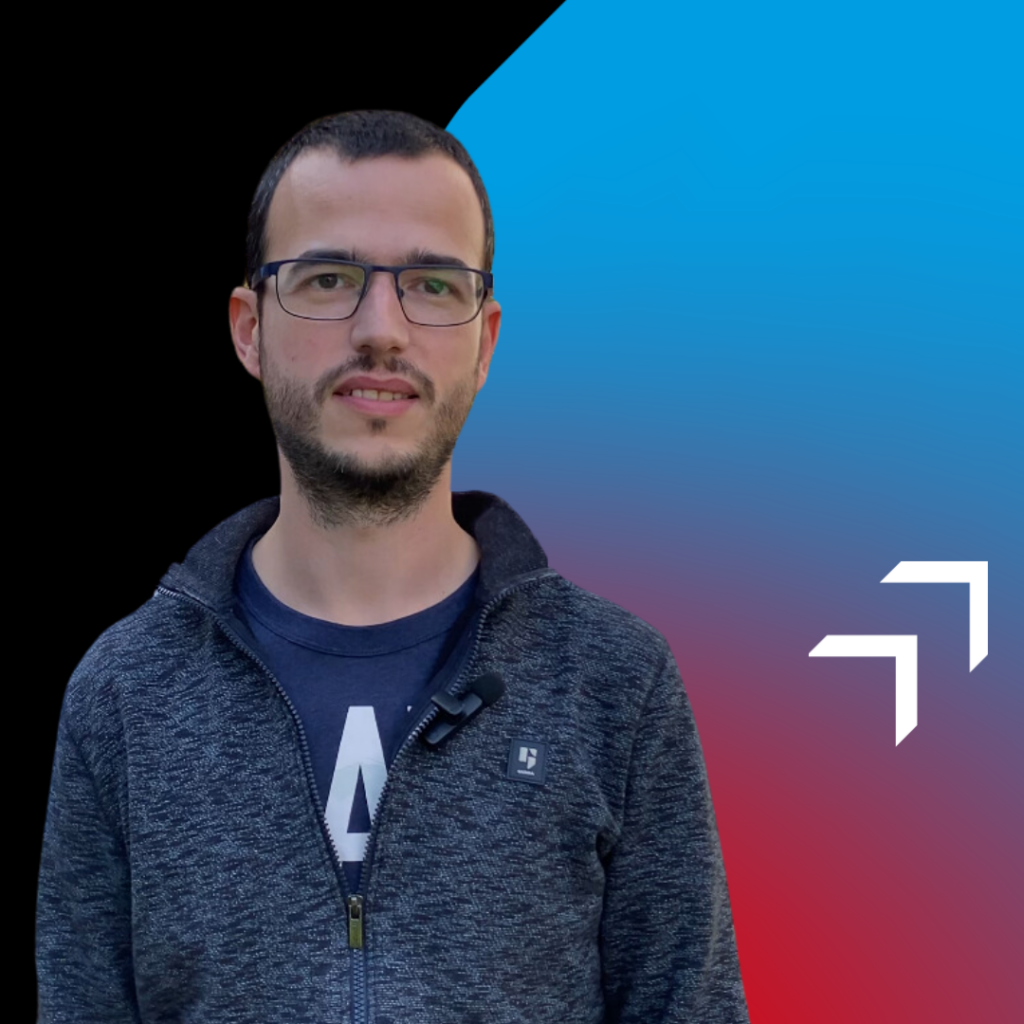In Conversation With Our Young Researchers: Jules Linden
28 June 2024

Impact of environmental policies on consumption and ‘just transition’
With global warming increasingly in political and public discourses, policies to improve the environment and reduce Greenhouse Gas (GHG) emissions has been the subject of great debate.
How do greenhouse gas policies change behaviour and disproportionately affect those at the bottom of the income distribution and in rural areas? How does making pollution more expensive change consumption behaviour or not?
In recent decades, the environment as a policy issue has risen dramatically in political and public discourse. In particular, greenhouse gas (GHG) emissions are a major concern. A subset of GHG policies, notably carbon pricing, seek to adjust behaviour by incorporating the external costs of pollution into the decisions of private actors, either by explicitly setting a price or by making polluting behaviour relatively more expensive. However, this raises two concerns. First, it increases the cost of living and inequality through higher prices, disproportionately affecting those at the bottom of the income distribution and those living in rural areas. Second, consumer behaviour may be driven by incentives other than price.
Jules Linden is a PhD candidate researcher within the Living Conditions Department at the Luxembourg Institute of Socio-Economic Research (LISER) while pursuing a PhD at the University of Galway. He holds a Master in Public Policy and Human Development (double degree) from Maastricht University and the United Nations University UNU-Merit.
His current research models the impact of environmental policy on consumption behaviour, greenhouse gas emissions and the income distribution using microsimulation modelling.
Currently Jules is studying the impact of EU-wide carbon taxation on the cost of living, household CO2 emissions, and income inequality, and on what governments can do to reduce CO2 emissions in an equitable way. Using a scalable microsimulation infrastructure developed by him and his supervisors Cathal O’Donoghue and Denisa M. Sologon over the past years, they compare the impact of carbon pricing and revenue recycling options across countries.
Ensuring a just transition
In a key report /policy document published in 2021 by Luxembourg’s Ministry of the Environment, Climate and Biodiversity, Jules was a lead author of the chapter in the Luxembourg National Long Term Strategy for Climate Action “Ensuring a just transition”. The chapter emphasized that a just transition must deliver environmental improvements without reducing the wellbeing of Luxembourg’s citizens, nor the competitiveness of Luxembourg’s firms. This entails protecting those impacted most and requires that policy account for differences in the ability to reduce environmental impacts, resources to cope with increases prices and adopt new.
Following this, Jules has co-authored several other publications including “Who pays for higher carbon prices?: Illustration for Lithuania and a research agenda” and “The many faces of carbon tax regressivity – Why carbon taxes are not always regressive for the same reason.”
Project EnviroSim: Assessing the Impact of Environmental Policy on Consumption Behaviour, Greenhouse Gas Emissions and Income Distribution
Together with his supervisors, Jules developed a proposal and successfully applied to the FNR’s AFR funding scheme. The EnviroSim project assesses the distributional and social justice implications of environmental policy and allows him to pursue his interests in social protection policy, distributional outcomes of policy, and environmental policy with the support of leading researchers in the field.

The central topic in my research is the ‘just transition’ to low-carbon economies. I focus on differences in what (energy) households consume, and how they are financially impacted by environmental policy. This also involves accounting for differences in the dependence on energy and the ability to change energy consumption, and thinking about ways to support households to change or to protect them if they are unable to change. The research topic therefore covers multiple fields and disciplines.
Jules Linden
Discover ‘Green’ initiatives in Luxembourg
Choosing Luxembourg as a research destination
Born and raised in Luxembourg, Jules was aware of the opportunities in the country, but the full story also involves some luck. At Maastricht University, he met his current supervisor, Dr Sologon, who works at LISER, and was soon offered an opportunity that he quickly accepted. It was a perfect fit, as a proposed research project combined both proximity to his family and friends and the opportunity to do cutting-edge research in Ireland.
In LISER, Jules has found a growing research institute that attracts many of the world’s leading scientists and offers an interdisciplinary working environment. LISER hosts economists, sociologists and geographers, among many others, and the interdisciplinary working environment encourages the cross-fertilisation of ideas. While at LISER, he received support from the US Fulbright Program to visit the University of California Berkeley and work on household adoption of electric vehicles and energy efficient heating and cooling.
Jules would recommend Luxembourg as a research destination because of the funding opportunities and the working conditions (Luxembourg ranks first in Europe for its work-life balance) are important factors. He would also highlight the high quality of research carried out at the University of Luxembourg and the research institutes.
“I enjoy how green and clean Luxembourg is”
Jules has lived in multiple countries, on four continents, and loves living in Luxembourg (Luxembourg City among the top 20 most liveable cities in the world): “I think we live incredibly well here. This is home and where I want to contribute.”
What he likes and enjoys most about the country is how green and clean Luxembourg is, the overall quality of life, and how everything is within arm’s reach (e.g. free public transport).
The research infrastructure across institutions in Luxembourg is coherent and complements each other. There is good cooperation between research institutions and exchange with the public administration. On top of that, the physical infrastructure is excellent.
Jules Linden














